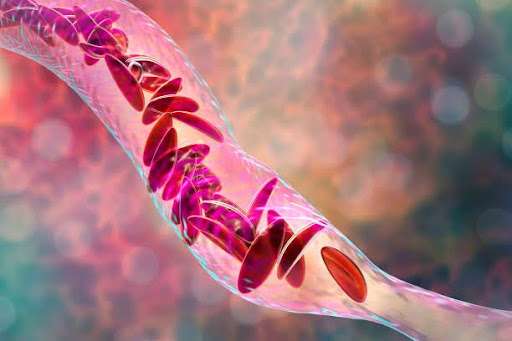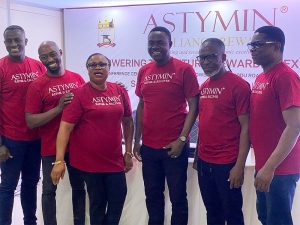In Nigeria, a country with one of the highest rates of Sickle Cell Disease (SCD) in the world, understanding and discussing our genotypes before marriage or procreation is crucial. SCD is a severe, inherited blood disorder, often overshadowed by its painful symptoms and long-term health complications.

SCD occurs when a person inherits two sickle cell genes (one from each parent), leading to the formation of abnormal hemoglobin. This results in distorted, sickle-shaped red blood cells that can block blood flow, causing severe pain and organ damage. Its effects are not just physical; they extend to emotional and social aspects of life, often requiring lifelong management.

The key to reducing the incidence of SCD lies in understanding genotype compatibility. There are three main genotypes: AA, AS, and SS. An individual with AA genotype does not carry the sickle cell trait, while AS carries one normal and one sickle cell gene, and SS denotes sickle cell disease. For a child to be born with SCD, both parents must carry the sickle cell trait (AS or SS).

Thus, before marriage or planning a family, couples need to undergo genotype testing. An AA person can safely marry any genotype, but an AS should ideally avoid marrying another AS or SS to reduce the risk of having a child with SCD.
In Nigeria, where many are uninformed about their genotypes or the implications of these pairings, raising awareness is essential. It’s a matter of life-long health implications, not just for the individuals but for future generations. Understanding and discussing our genotypes isn’t just a health issue; it’s a necessary step towards a healthier society, free from the pains and burdens of Sickle Cell Disease.







